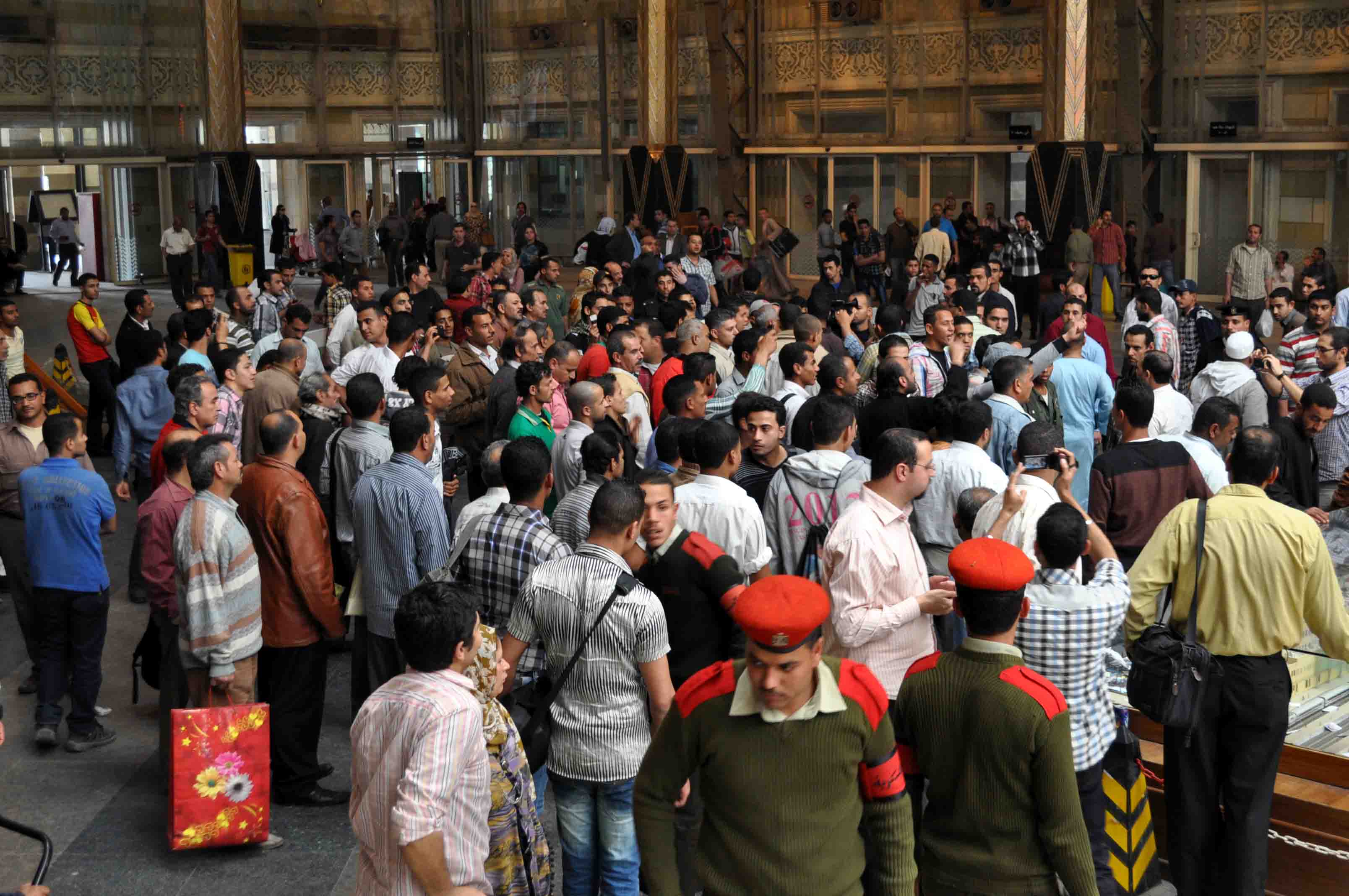Local market banks will hold meetings on Sunday to discuss the future of interest rates on deposits and loans. This follows the Central Bank of Egypt’s (CBE) decision to raise the prices of basic earnings by 1% on 16 June.
According to Haitham Abdel-Fattah, director general of the treasury at the Industrial Development and Workers Bank of Egypt, the banks will be watching the impact of the rate hike’s yield on treasury bills and bonds before moving to raise interest rates on their savings coffers.
He added that the return of debt instruments is still seen as one of the most important determinants in the movement of interest rates in banks as banks are still investing most of the liquidity in local currency in those instruments.
The Monetary Policy Committee of the CBE decided on Thursday to raise the price of basic earnings at the CBE by 1%.
With this increase, the deposit rate at the CBE reached 11.75% and the lending rate 12.75%. The price of credit and debit reached 12.25%.
These prices are the highest in 11 years, particularly since the establishment of the Monetary Policy Committee in June 2005.
The CBE’s decision was widely expected, especially after the high rate of inflation in May by almost 2%, according to Abdel-Fattah.
He also said that most banks, particularly small banks, will not move quickly to raise interest rates until yield bonds and bills rise, so that they do not raise the cost for themselves without a charge to cover that cost.
On Sunday morning, the assets committees and liabilities responsible for setting banks’ interest rates will begin to discuss the expected effects of the CBE’s decision on deposits and loan returns as well as the effect on the price of competitive yield in the market and the return of debt instruments. This is according to Abdel-Fattah who also added that they will make a decision following this discussion.



